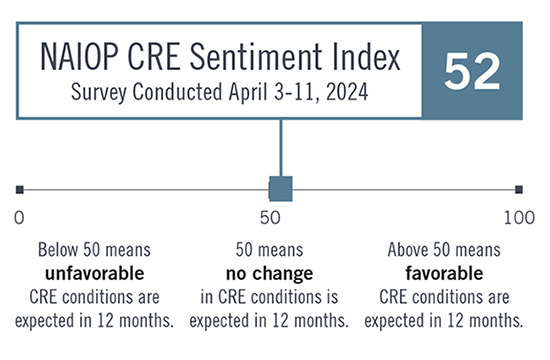Originally published on June 6, 2024, by Natalie Fidlow, CFA for NAIOP.
“Labor availability trumps labor costs as a top concern in the Eastern Pennsylvania and New Jersey markets,” said David Hickey, global managing director at Hickey Associates. He led experts in a dynamic discussion at I.CON East this week in Jersey City, New Jersey. They drilled down on the region’s data and provided strategies to navigate the tight talent market.
















